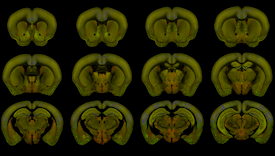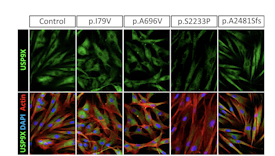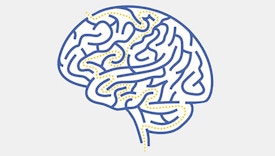
During his postdoctoral training, and as an independent laboratory head at the University of Queensland, Australia, Michael Piper has focused on fundamental aspects of neural development within the rodent brain, namely how neural stem cells produce postmitotic neurons and glia, and how these neurons subsequently form appropriate connections that facilitate neuronal function. Moreover, Piper has developed a suite of tools to enable the cellular and molecular dissection of the genes that regulate these processes, as well as systems enabling us to probe functional deficits arising from abnormal neural development. These technologies and reagents are ideally suited to help elucidate how protein stability is regulated during development to promote the formation of the brain and how aberrant trajectories of neural stem cell differentiation can culminate in autism.
The relevance of Piper’s research is highlighted by his recent record of publications as first or senior author articles in leading international journals in the last five years (e.g., Development, Journal of Neuroscience, Cerebral Cortex), as well it leading to scientific prizes from both national (e.g., Australasian Neuroscience Society — A.W. Campbell award) and international (Hydrocephalus Association — Innovator Award; American Association of Anatomists C.J. Herrick Award) agencies.
Piper believes that the unique blend of cellular, molecular and behavioral approaches that his laboratory uses to probe neuronal development will provide a fertile platform to understand how abnormal protein stability during embryogenesis leads to the abnormal neural substrates that give rise to autism.


